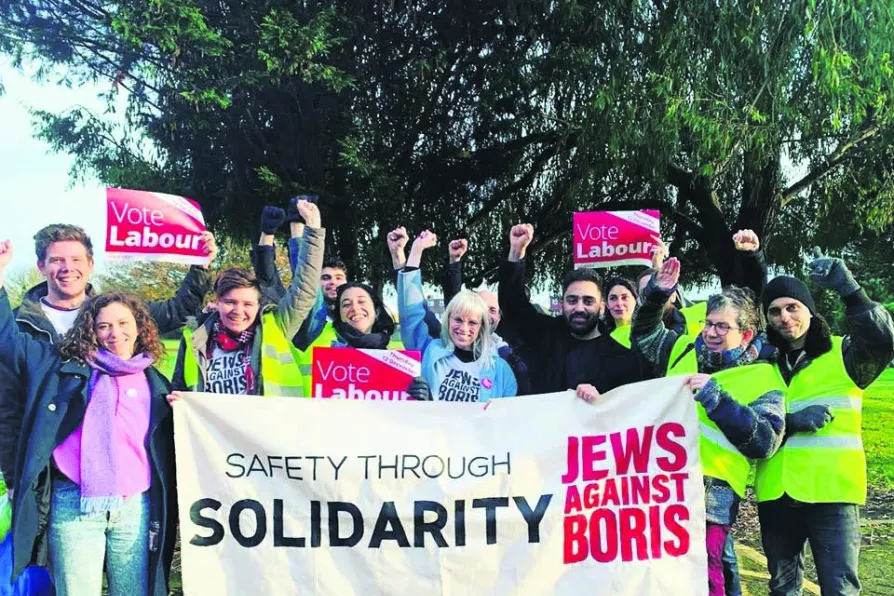RAMZY BAROUD offers six reasons why Netanyahu is prolonging conflict in the Middle East


“JEWISH people use the NHS, education, the police and other public services. Jewish people who work in these services have seen their wages fall in real terms and colleagues resign because of the stresses of staff cuts. Jewish people use utilities. They kvetch when their broadband goes down. They have elderly parents and mental health problems and children who cannot afford high rents on low incomes so remain at home.”
Ruth, a working-class Jewish Labour Party member in Walthamstow, east London, is fuming about a particularly pernicious aspect of the “debate” in recent years around Labour, the Jewish community and antisemitism, typified by the Chief Rabbi’s partisan political intervention last week.
It is not only the repeated message that Jews today should fear the Labour Party, and treat it as toxic, but the assumption that they no longer need a party that stands up for ordinary low-earners; the view that Jews en masse have stepped out of poverty into comfortable middle-class lives where the free market works just fine for them.

The Gala’s core message of working-class solidarity offers renewed hope and provides the antidote to the anti-worker policies of Reform UK, argues IAN LAVERY MP

The left must avoid shouting ‘racist’ and explain that the socialist alternative would benefit all












